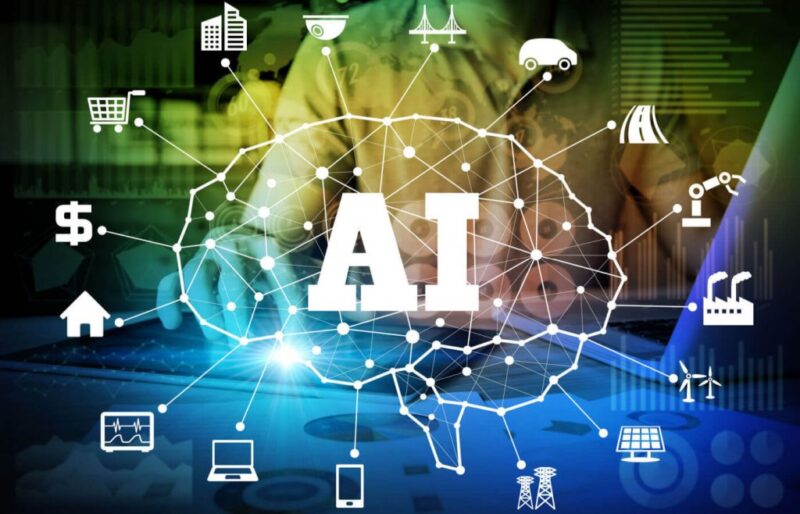Artificial Intelligence (AI) is gradually reshaping our everyday lives, both globally and within Nigeria.
From virtual assistants like Siri and Alexa to self-driving cars, smart product recommendations, and even making research easier, AI is becoming integral to how we live, work, and play as humans.
In Nigeria, AI could be used to enhance agriculture through smart farming techniques, improve financial inclusion via digital banking, and optimise urban planning in smart city initiatives like Lagos and Abuja.
AI began in 1955 when John McCarthy, a professor at Dartmouth College Hanover,New Hampshire, USA and often called the father of AI, organised a summer workshop to explore the idea of “thinking machines.” He also coined the term “artificial intelligence.”
Since then, AI has grown from narrow AI, which excels at specific tasks like facial recognition or playing chess, to the pursuit of general AI capable of thinking, learning, and adapting just like humans.
At its core, AI means empowering computers to perform tasks that normally require human intelligence—like learning from experience, solving problems, understanding language, and perceiving the environment.
This includes technologies like machine learning, natural language processing, and computer vision and it has started taking over human roles in some developed countries of the world.
In Nigeria, if used properly, AI’s impact could be evident across various sectors.
In healthcare sector, AI tools could assist in diagnosing diseases like malaria and other diseases more faster, especially in rural areas with limited medical personnel.
In the education sector AI-driven platforms could also tailor lessons to individual students that need help in other to bridge educational gaps. Banks and other fintech companies could leverage AI to detect fraud and extend financial services to underserved populations.
The agricultural sector is not left behind as AI-powered sensors and drones could be used in monitoring crops and improve yields, vital for Nigeria’s economy.
Artificial Intelligence (AI),could also be used to support efforts towards combating climate change by analysing weather patterns and managing natural resources accurately.
Beyond these, AI could power smart homes that adjust lighting and temperature, aid law enforcement with crime prediction tools, and help creative industries by assisting artists and writers.
It can also fuel robotics, enabling machines to perform dangerous or repetitive tasks, allowing Nigerians to focus on more meaningful work.
Automation might impact employment, especially in sectors like manufacturing and agriculture.
Moreover, the risk of biases in AI systems inherited from flawed data can lead to unfair outcomes, which is critical to address in a diverse country like Nigeria.
Privacy concerns are also significant, given the increasing collection of personal data.
Therefore, ethical AI development, transparency, and regulation are crucial for Nigeria’s future.
The misuse of AI is also a concern, especially among students and researchers who rely heavily on AI tools for assignments or research without proper understanding or verification.
This overdependence can hinder critical thinking and genuine learning, which Nigeria’s education system must address to foster authentic skills and knowledge.
Looking ahead, Nigeria’s AI future holds greater promise.
Imagine personalised healthcare where doctors predict treatment responses, or AI-powered education that makes learning engaging and accessible for all Nigerians.
Smart city initiatives could optimise traffic, energy, and waste management.
AI-driven research can help find solutions to local challenges like disease outbreaks, climate resilience, and economic development.
In summary, AI is more than just a technology; but it’s a powerful tool that will shape Nigeria’s future.
By embracing AI responsibly, Nigeria can unlock opportunities to improve lives, boost economic growth, and address some of the nation’s most pressing challenges.








